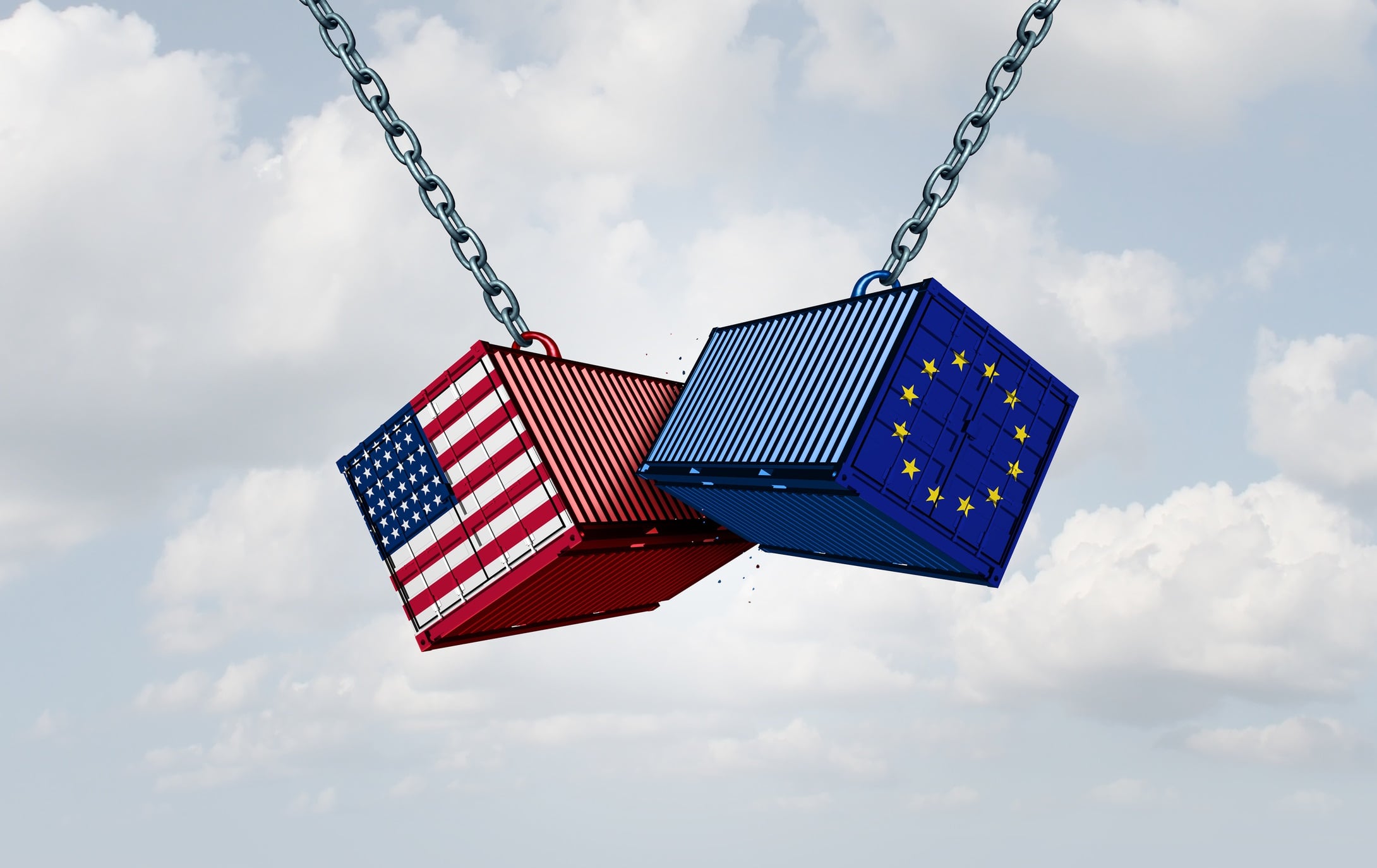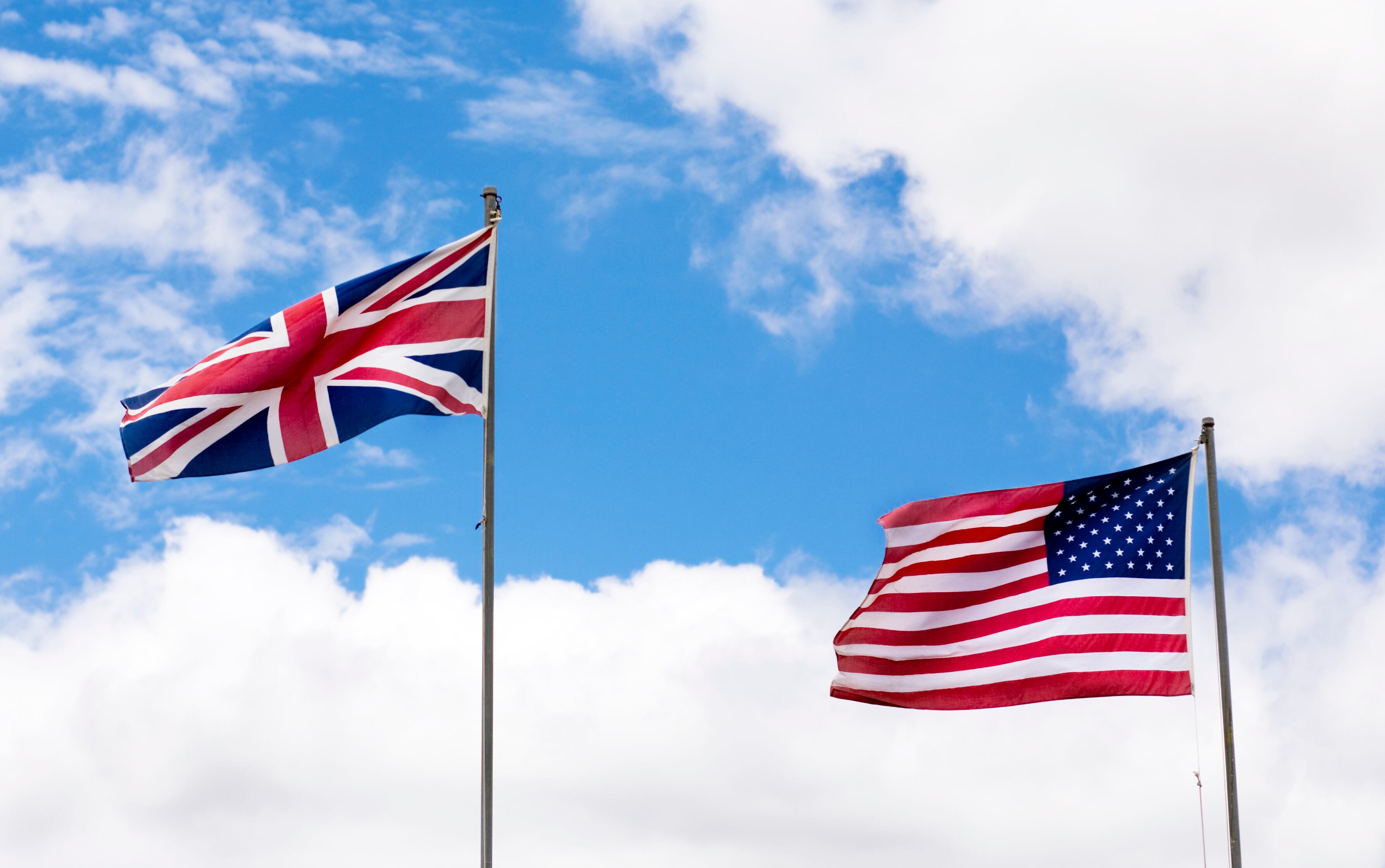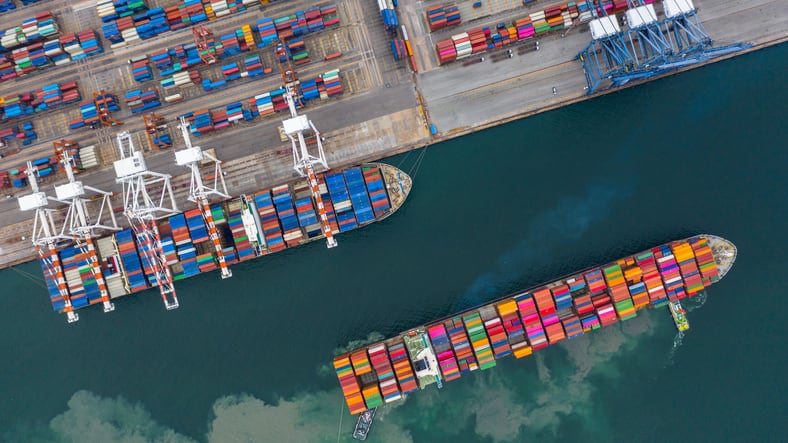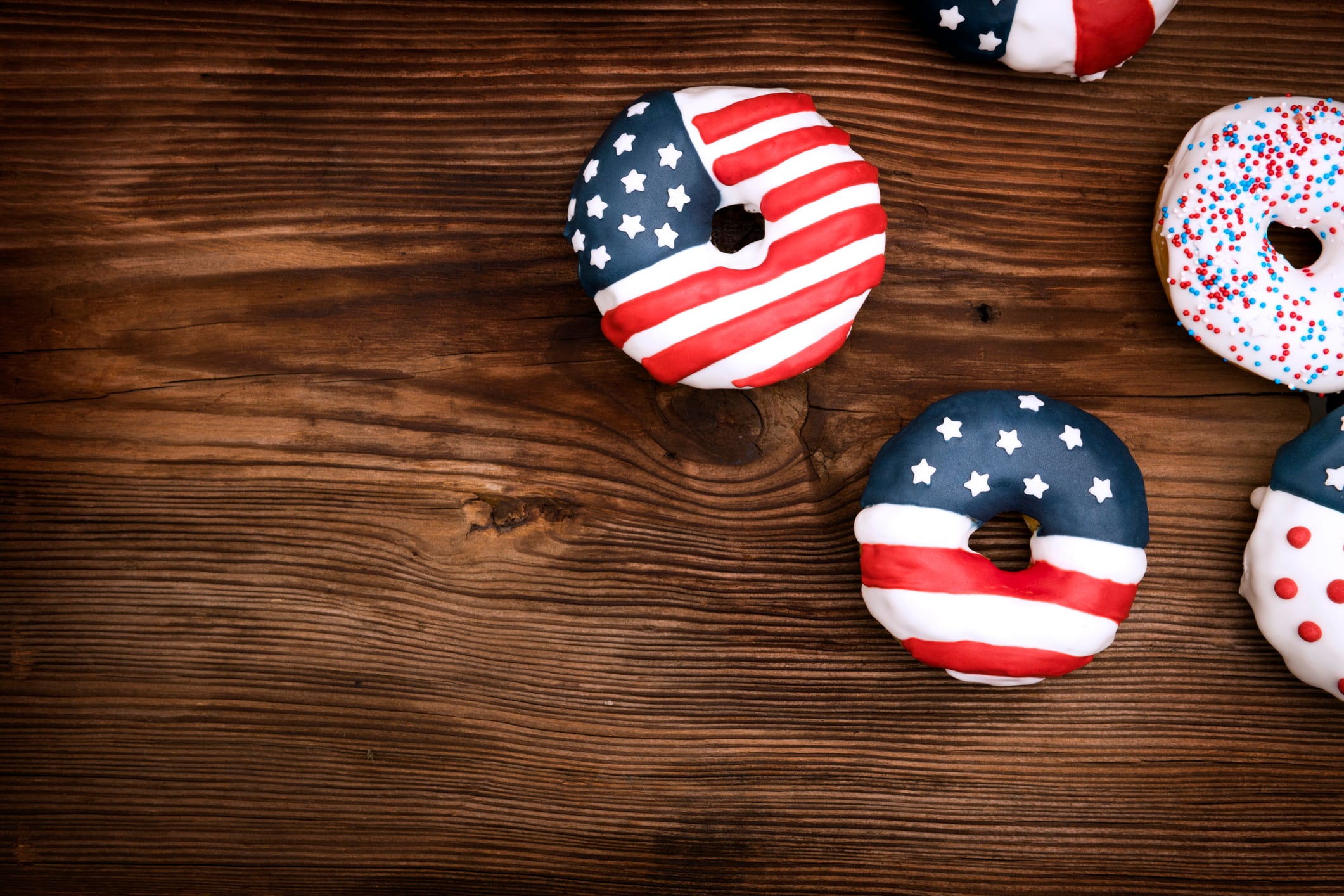Making the announcement in the White House Rose Garden, Trump claimed the tariffs would raise “trillions and trillions of dollars” quickly, insisting they would lead to enormous wealth for America and put the country first. He accused foreign nations of having “raped and pillaged” American industry and branded them “cheaters”, stating the 10% import tax was only a “minimum baseline” and that some countries would face even steeper rates.
However, the American Bakers Association (ABA) has warned the US baking industry could face additional costs exceeding $454 million annually from tariffs on goods imported from Canada, Mexico and China.
“We recognise the Administration’s dedication to strengthening American businesses and manufacturing,” an ABA spokesperson told this site. “However, our initial research suggests these tariffs will come at a significant cost to the American baking sector.”
SNAC International echoed these concerns. “Many critical inputs used in snack production cannot be sourced domestically - or in sufficient quantities to meet consumer demand,” said a spokesperson. “The Trump Administration’s proposed reciprocal tariffs threaten to raise food costs, create uncertainty for consumers and restrict access to safe, affordable food products.”
Cross-Atlantic caution

Across the pond, Federation of Bakers CEO Andrew Pyne struck a measured tone. “At present, there are no immediate concerns and the FoB remains on hand to represent our members as the implications unfold - we will continue to closely monitor the situation.”
The European Snacks Association (ESA) also weighed in, declining to comment directly on the US announcement but emphasising the need for diplomacy. “For the moment, we are not planning to comment on the recent announcement from US President Trump,” Silvia Tombesi, ESA’s scientific & regulatory affairs manager told us. “We regret, of course, the reciprocal tariff measures announced by the US administration and stand together with the European Union in supporting a negotiated resolution.”
Behind the scenes, ESA has also been active in the policy arena. The association submitted a formal response to the European Commission’s public consultation on potential countermeasures, urging the exemption of specific almond categories from any retaliatory lists. These include both bitter and non-bitter almonds - shelled and in-shell - widely used in premium bakery and snack formulations. ESA has also co-signed a joint letter with other EU associations, addressed to Commissioner Maroš Šefčovič, requesting that dried fruits and nuts be excluded from any EU counter-tariff list.
Meanwhile, in the US, the National Confectioners Association (NCA), too, said it had “nothing to report right now”, though pressure is mounting as key inputs like sugar, cocoa and packaging materials are already feeling the pinch from global trade uncertainty.
Core industry pressures
Trump’s tariffs are poised to significantly impact the bakery and snack industries by increasing costs across several key areas:
Ingredients
Cocoa and chocolate: The US imports most of its cocoa beans from countries like the EU, now facing a 20% tariff. This will raise costs for chocolate-based snacks.
Coffee: With 99% of coffee being imported, new tariffs on Vietnam (46%) and Indonesia (32%) are set to increase costs for coffee-flavoured products.
Nuts and fruits: Tariffs on cashews from India (26%) and fruits from the EU will elevate snack ingredient costs.
Packaging materials
Aluminum and steel: A 25% tariff on these materials will impact canned and foil packaging costs.
Paper: Tariffs on Canadian paper imports will increase the cost of bakery boxes, wrappers and cartons.
Supply chain and labour
Broad tariffs will likely lead to sourcing delays and the need to find new supplier bases.
Manufacturers could be forced to reevaluate staffing and wage structures to mitigate higher material and operational costs.
Trade group FoodDrinkEuorpe was quick to condemn Trump’s moves, warning of severe ripple effects for producers and consumers alike. “Europe’s food and drink industry deeply regrets the US’ decision to impose 20% tariffs on imports from the EU, given the impact it will have on transatlantic trade, businesses and consumers,” said a spokesperson.
The Federation of European Manufacturers and Suppliers of Ingredients to the Bakery, Confectionery and Patisserie Industries also voiced concern about the potential knock-on effects for its members and the broader export landscape. “Fedima will be closely monitoring the implications of the US’ decision to impose 20% tariffs on imports from the EU and the impact on our members, bakery ingredients manufacturers, as well as the entire baked goods export market,” it said.
“Fedima is aligned with the wider European food and drink industry’s call for the de-escalation of trade tensions and the prioritisation of constructive dialogue to find solutions that safeguard the integrity of the EU-US long-standing trade relationship.
“The next FoodDrinkEurope Trade Bulletin will be able to paint a better picture of the consequences of the tariffs on European food imports and exports and provide further insights into which industries will be most impacted.”
UK leaders sound alarm

The tariffs have ignited political tensions across the UK.
In Scotland, First Minister John Swinney raised strong concerns about the implications for local businesses - particularly those in food production and exports.
“There should be no relief taken from the fact that the tariffs are only 10%,” he said. “These represent significant barriers and obstacles to trade for Scottish companies and businesses in a market that is fundamental to the economic prospects of Scotland.”
While not referencing specific sectors, the tariff is expected to have a tangible impact on the Scottish bakery sector, whose members are closely tied to export-dependent supply chains.
Swinney added he hoped Trump’s “deep personal connection to Scotland” could help improve dialogue and stressed “no stone should be left unturned” in efforts to avoid economic damage.
But economic uncertainty is already being forecast, with the Fraser of Allander Institute, for example, downgrading its outlook for the Scottish economy, citing ‘growing unease’ among firms. Director Prof Mairi Spowage warned conditions are likely to remain “turbulent and uncertain” throughout the year.
Further south, UK Prime Minister Sir Keir Starmer struck a cautious tone, saying he would “rule nothing out” in responding to the tariffs but stressed a desire to avoid a full-blown trade war.
It’s a sentiment at odds with the bullish tone from Washington. Trump’s economic adviser Peter Navarro has insisted the tariffs could generate £6 trillion for the US economy over the next decade - a projection met with scepticism by economists, who warn of inflation and consumer pain in the near term.
Supply chain disruption

For bakery and snack manufacturers already grappling with ingredient inflation and labour pressure, the latest tariffs have injected new uncertainty into an area critical to operations: freight and logistics.
Peter Sand, chief analyst at freight market analytics platform Xeneta, described the situation as a ‘logistical nightmare’ for US shippers who are in the midst of finalising long-term freight contracts for 2025.
“Liberation Day will not feel very liberating for those shippers caught in the eye of the tariff storm,” said Sand. “It’s tough to make important decisions on your supply chain when the rules of the game keep changing.”
For producers who depend on timely delivery of imported ingredients like cocoa, coffee, packaging materials and specialised equipment, that unpredictability poses real operational risks. Even small disruptions or cost hikes in container logistics can ripple across production schedules and margins.
Although ocean spot freight rates briefly spiked on 1 April 1 - rising 8% to the US East Coast and 15% to the West Coast - they remain more than 40% lower than January levels, suggesting no sustained inflation - yet.
However, Niall van de Wouw, Xeneta’s chief airfreight officer, warned further volatility could follow if the tariffs begin to dent demand or spark anti-US sentiment abroad - especially in markets supplying high-value, perishable or specialty goods like the premium bakery and snack sectors.
“Even marginal shifts in consumer sentiment or supplier relationships can hit air cargo demand hard,” Van de Wouw noted. “For sectors like food, where shelf life and speed matter, that can quickly become costly.”
Nigel Green, CEO of deVere Group, had harsh words for the policy. “This is how you sabotage the world’s economic engine while claiming to supercharge it.” He added such inflationary pressure could significantly strain household budgets and economic confidence. “These tariffs will push prices higher on thousands of everyday goods - from phones to food - and that will fuel inflation at a time when it is already uncomfortably persistent.”
Navigating uncertain terrain

The Liberation Day tariffs were meant to reassert American strength in global trade. But for the bakery and snack sectors, they risk upending years of finely tuned supply chains, ingredient sourcing models and cross-border collaboration.
With the prospect of retaliatory measures and rising prices on essential goods, companies across the value chain will need to adapt rapidly or face mounting costs and operational upheaval. The industry’s resilience is being tested like never before.





